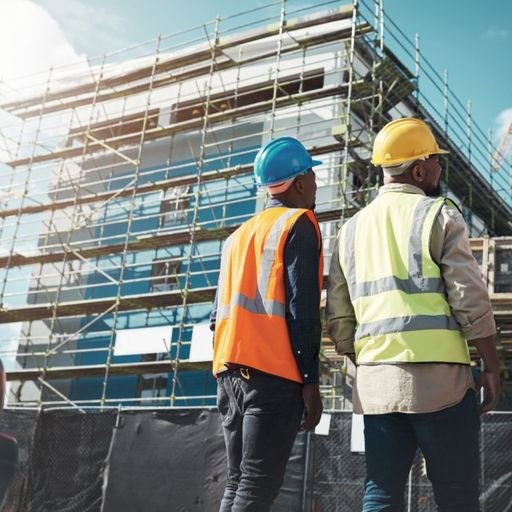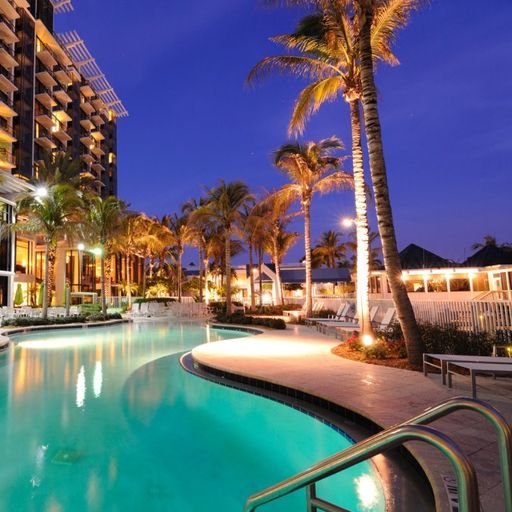
Hospitality
Unlike other real estate
investments, hospitality properties are operating businesses that require specialized understanding
of both the real estate and operations side of the business. Coldwell Banker Commercial® affiliated hospitality professionals offer experience in hotel
operations management, hospitality occupancy and revenue trends, real estate and valuation, and will
tailor their services to meet your specific needs.
While there are five primary hospitality revenue sources that may determine a property’s value - travel
and tourism, food and beverage, lodging, entertainment and recreation, and meetings and events - and they
are each highly interconnected. Often a single commercial property will span multiple sectors, allowing the business to provide a
complete and enhanced consumer experience.
Business Sectors
Travel and Tourism
The purpose of travel and tourism is to drive business to the hotels, restaurants, meeting and recreation venues that make up the hospitality industry. Many factors can impact how much a visitor will spend - the distance they’re traveling, length of stay, number in their party, whether it’s for leisure or business, and certainly their travel budget. Whether it’s a quick day trip to a nearby city, a week-long family vacation or attending an industry convention, travelers will spend on dining, accommodations, entertainment, shopping and on travel itself.
Food and Beverage
The most significant sector of the hospitality industry, food and beverage is a vital part of all hospitality businesses. From free-standing restaurants, quick service amusement park venues and hotel fine dining restaurants to conference center lounges or catering venues, food and beverage offers both revenue opportunities and enhanced guest experiences.
Lodging
This expansive sector can include everything from roadside motels, bed and breakfasts or extended-stay suite hotels to five-star resorts or conference hotels. Accommodations where guests can sleep overnight often cross into the other sectors, including restaurants, entertainment, meetings and certainly travel and tourism. Unlike most other real estate investments, lodging involves operating businesses that require specialized management to address the daily income stream shifts attributed to occupancy and seasonal fluctuations. Understanding the cyclical nature and dynamics of hotel markets is critical to making sound investments.
Entertainment and Recreation
The entertainment and recreation sector attracts consumers with disposable income both near home and when traveling. Businesses like cinemas, theaters, arcades, zoos, concert halls, night clubs, museums and theme parks provide entertainment and revenue opportunities, and can often be found within lodging and meeting venues.
Meetings and Events
Many cities rely on meetings and events to attract visitors for business and leisure who spend money on lodging, food and beverage and shopping. Business meetings can range from small off-site meetings and local networking events to expos, conferences, industry conventions and trade shows. Events can include weddings, sporting events, concerts, festivals, touring Broadway shows and seasonal events, and they are a lucrative way to attract visitors.
Your Trusted Guide
With so many options, Coldwell Banker Commercial affiliated professionals who specialize in hospitality real estate can assist you in making informed decisions that will help you accomplish your business goals. They understand the hospitality industry’s unique opportunities and challenges and will ensure you have all the facts, from traffic patterns and nearby transportation options to analyses of the market, development considerations and seasonal challenges.
Our Services
Look to the Coldwell Banker Commercial network to assist with all your hospitality real estate needs.
-
Acquisitions - Your CBC professional will help with sourcing, analyzing, performing due diligence and negotiating transactions.
-
Dispositions - Prior to selling, subleasing or conducting a lease buyout on your hospitality property, your CBC professional will ensure you get the most return on your investment through an in-depth property analysis, professional marketing and strategic positioning.
-
Site Searches - We will identify all possible options for potential sites, whether you’re seeking an existing hospitality business, a structure that can be converted or the optimal location to build.
-
Market Surveys & Analysis - You can feel confident that your CBC professional will provide all the current information you need when making important portfolio decisions.
-
Supply & Demand Analysis - Before doing renovations or design, your hospitality advisor can explain what guests are looking for and how you can best serve them.
Latest Hospitality News
Stay informed with the latest commercial real estate market reports,
trends and industry news
from
Coldwell Banker Commercial.
-
 Hospitality
HospitalityHere's Why Airbnb is Dominating Tourism and Hospitality
Airbnb has made a significant impact on the hospitality and tourism industry since its inception in 2008. However, due to the pandemic, global tourism experienced...
-
 Hospitality
HospitalityQ1 2023 Sentiment Report: The State of CRE & What’s to Come
Although experts acknowledge the lack of clarity on pricing and the uncertainty about current market conditions due to inflation, rising interest rates, and supply chain...
-
 Hospitality
HospitalityHow Hotels and Resorts are Rebounding in 2023
Worldwide, the hotel and resort industry peaked at $1.52 trillion in 2019. Following the travel restrictions during the pandemic, the industry is still in recovery...
Other Property Types

Industrial
Coldwell Banker Commercial affiliated professionals' industry knowledge makes us well-positioned to match you perfectly with your ideal commercial properties.

Multifamily
Multifamily residential properties can be a lucrative investment and provide a stable long-term income opportunity. With deep connections across the industry and in local communities, your CBC affiliated professional can open the door to potential investors and tenants.

Office
Whether your business needs to lease or sublease office space or acquire or sell an office building, Coldwell Banker Commercial affiliated professionals can develop a customized solution tailored to your specific goals.

Retail
Coldwell Banker Commercial affiliated professionals who specialize in retail can help owners maximize the value of their property prior sale through recommended upgrades, rehabilitation, market repositioning and helping secure anchor tenants.

Distressed
Coldwell Banker Commercial affiliated professionals can help to navigate the complexities of a distressed property transaction by providing expertise and guidance to both buyers and sellers to help mitigate risks and maximize returns.

Agriculture
With their extensive network and market knowledge, CBC affiliated professionals can help facilitate a smooth and successful transaction for an agricultural property.

Land
When you work with a Coldwell Banker Commercial affiliated professional who specializes in land, you will receive valuable guidance on available properties with insights into the market, upcoming projects, local zoning and restrictions that could impact your investment.